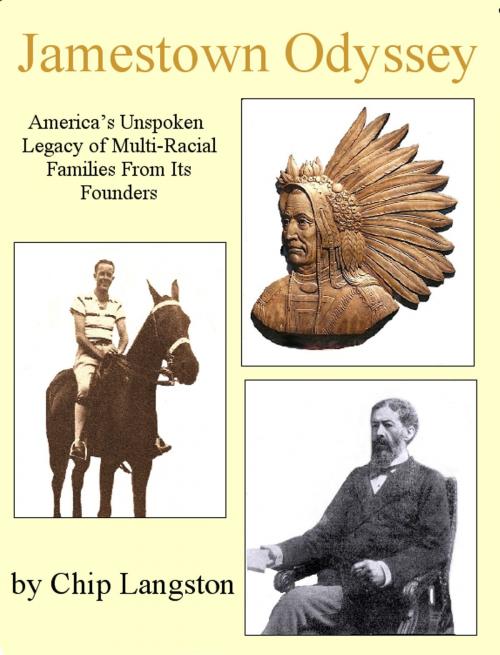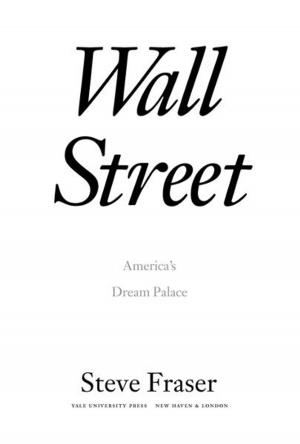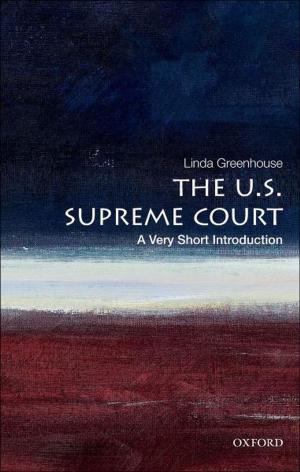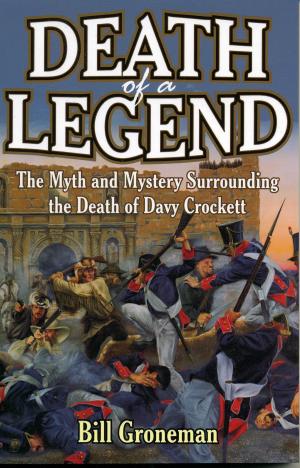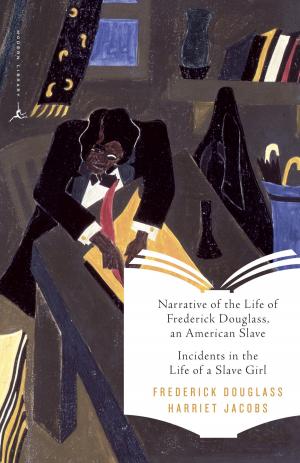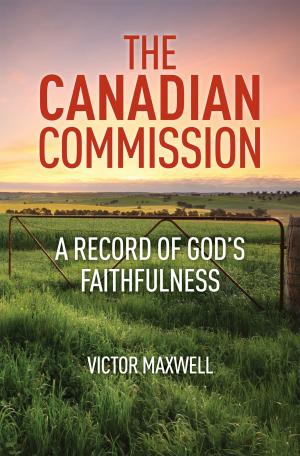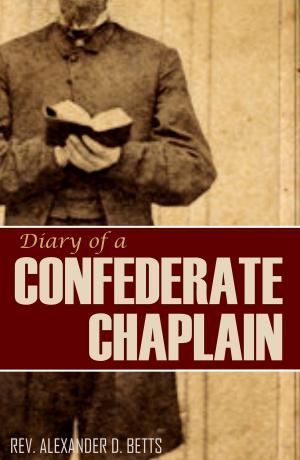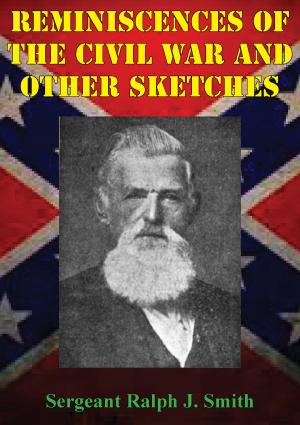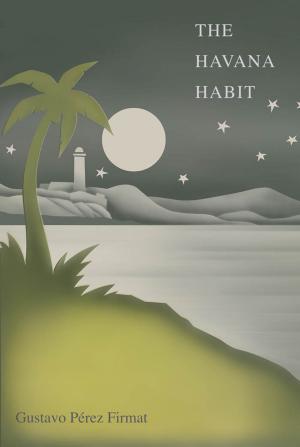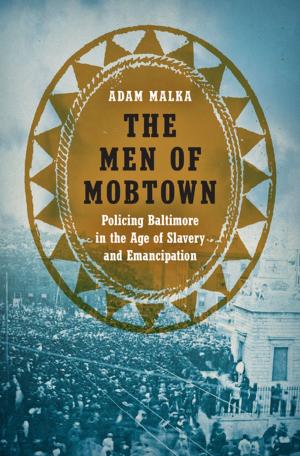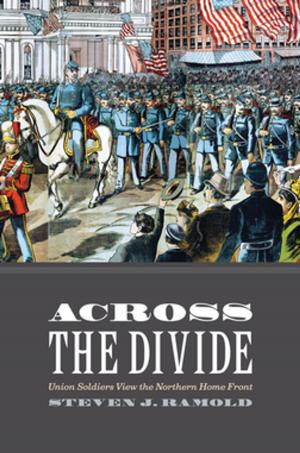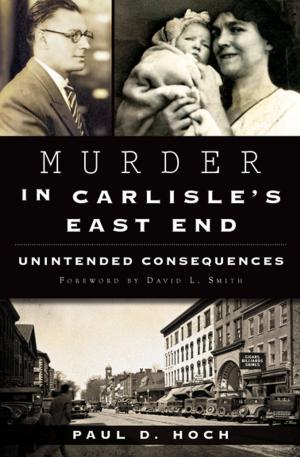Jamestown Odyssey: America's Unspoken Legacy of Multi-Racial Families From Its Founders
Biography & Memoir, Historical, Nonfiction, History, Americas| Author: | Chip Langston | ISBN: | 9781465870988 |
| Publisher: | Chip Langston | Publication: | June 14, 2011 |
| Imprint: | Smashwords Edition | Language: | English |
| Author: | Chip Langston |
| ISBN: | 9781465870988 |
| Publisher: | Chip Langston |
| Publication: | June 14, 2011 |
| Imprint: | Smashwords Edition |
| Language: | English |
Jamestown Odyssey is a ground breaking, and provocative, book on race and family in America. To varying degrees, most Americans have some interest in who their ancestors are. Some are content to know something only about their grandparents. For others, like the author, it becomes an avocation. Most Americans can accept the horse thieves and rapscallions in their family history. But an odd thing happens with race. With the first hint that an ancestor might be from a different race, we drop them like a hot potato. We bury our heads in the sand and pretend this blood-relative, even though we share DNA, doesn't exist. Most Americans, despite the decades of social change, are chained knowingly, or unknowingly, to the bigotry of our ancestors. This bigotry rattles through their lives in small every day jabs and thoughts, and somethings in big disgusting actions as we view each other as fundamentally deficient in some way. Jamestown Odyssey is the author's personal journey in discovering and coming to terms with his living and dead distant cousins in the Native and black communities, and his Southern slave-owning ancestors. During his journey, he brings the reader along as he gum-shoes his way through America's premier genealogical centers, and visits several Indian reservation, Jamestown National Park, and Howard University. Along the way he uncovers long-buried American history, such as the life of the nearly forgotten titan John Mercer Langston, Bacon's Rebellion and its ties to the American Revolution, and the history of the Powhatan leader who nearly saved the Native Americans from extinction. In the end, the author reaches out to his fellow Langstons in the white, black and Native communities to bridge the racial gap that divides them. Jamestown Odyssey ends with a list of several hundred other settlers who's descendants likely followed the same interracial mixing the Langstons did, and challenges the reader to look into their family's history, There are tens of millions of Americans with roots to Jamestown and who are part of extended multi-racial families.
Jamestown Odyssey is a ground breaking, and provocative, book on race and family in America. To varying degrees, most Americans have some interest in who their ancestors are. Some are content to know something only about their grandparents. For others, like the author, it becomes an avocation. Most Americans can accept the horse thieves and rapscallions in their family history. But an odd thing happens with race. With the first hint that an ancestor might be from a different race, we drop them like a hot potato. We bury our heads in the sand and pretend this blood-relative, even though we share DNA, doesn't exist. Most Americans, despite the decades of social change, are chained knowingly, or unknowingly, to the bigotry of our ancestors. This bigotry rattles through their lives in small every day jabs and thoughts, and somethings in big disgusting actions as we view each other as fundamentally deficient in some way. Jamestown Odyssey is the author's personal journey in discovering and coming to terms with his living and dead distant cousins in the Native and black communities, and his Southern slave-owning ancestors. During his journey, he brings the reader along as he gum-shoes his way through America's premier genealogical centers, and visits several Indian reservation, Jamestown National Park, and Howard University. Along the way he uncovers long-buried American history, such as the life of the nearly forgotten titan John Mercer Langston, Bacon's Rebellion and its ties to the American Revolution, and the history of the Powhatan leader who nearly saved the Native Americans from extinction. In the end, the author reaches out to his fellow Langstons in the white, black and Native communities to bridge the racial gap that divides them. Jamestown Odyssey ends with a list of several hundred other settlers who's descendants likely followed the same interracial mixing the Langstons did, and challenges the reader to look into their family's history, There are tens of millions of Americans with roots to Jamestown and who are part of extended multi-racial families.
